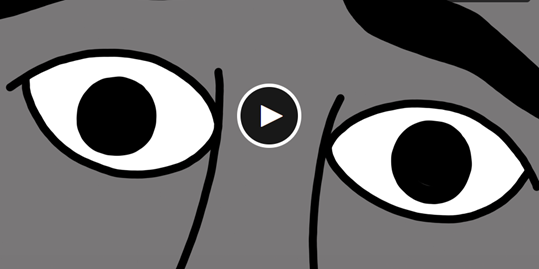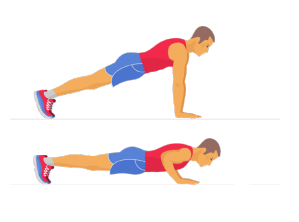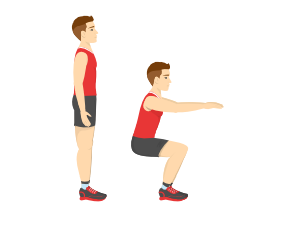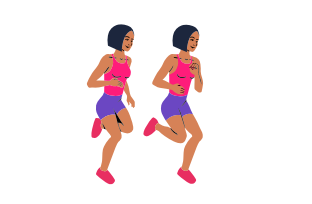Stress
Username:
masloski7511 Password: lemon6753
Click the Image Above
to View the Website
Stress is the feeling you get when you're under pressure, worried, angry, excited, nervous,
or experiencing another intense emotion.
Sometimes people act like young people don't get stressed because they don't have
as many responsibilities as adults. That's not true-stress can come from
parents, friends, teachers, coaches, and even yourself. You might feel stress
during important life events, like moving or if your parents get a divorce. But
it's also common to be stressed while taking a test or giving a speech. Stress
can cause physical effects, like shaky hands, a racing heart, stomachaches, and
headaches. It can also cause mental and emotional effects, such as sadness,
anxiety, and crankiness.
Biological Reaction
Stress is
our bodies' biological reaction to danger
or threat. Early humans developed a
stress response that helped them get out of harmful situations. When the brain senses danger, it releases stress
hormones like adrenaline and cortisol. These hormones cause changes in the body
to prepare us for "fight or
flight"-to tackle the problem with extra strength or run away
fast. For example, if your ancestor spotted a dangerous animal, she may have
felt her stomach sinking as her blood left her digestive system and went to her
legs so she could run faster. She would breathe faster to get more oxygen for
running. Extra sweat would help cool her down as she ran. Her pupils would get more
significant to help her see in the dark.
Modern Life
In modern
life, humans usually face fewer life-or-death threats than dangerous animals.
But when our brains sense a threat coming, our bodies still have the same
"fight or flight" response-even if the "threat" is a common occurrence like batting in a baseball
game, singing a solo in the choir, or making plans for the future.
Not all
stress is negative. Eustress, or "good
stress," comes from excitement or anticipation. For example, if you're
stressed about a big test, the stress can help you study harder and get a good
grade. It's common to experience eustress when graduating, getting a new job,
or going to college. Even though eustress comes from a positive place, it can
still feel like the wrong kind of stress, called distress.
Manage
Stress can
be tough to manage, whether it comes from a positive or negative place. It's essential to find ways to
release the physical and emotional tension with stress. Healthy coping strategies can help you feel
calmer and more prepared for stressful situations. One strategy is talking to a
friend or adult you trust. Talking it out can help you make sense of your
stress and figure out a solution. Practicing deep breathing, exercising,
journaling, and taking regular breaks
are effective coping strategies.
Yoga
Yoga is an
activity that involves body and mind awareness, with a focus on posture and
breathing. Yoga is designed to bring mental, physical, and emotional health and
balance. One of the most widely practiced forms of yoga in Western society is
hatha yoga. This form of yoga incorporates several different poses while
stretching, breathing, and balancing is combined. Poses are performed slowly
and carefully, with much-focused attention on the movements. Yoga is often used
as a physical activity to improve muscle strength and endurance.
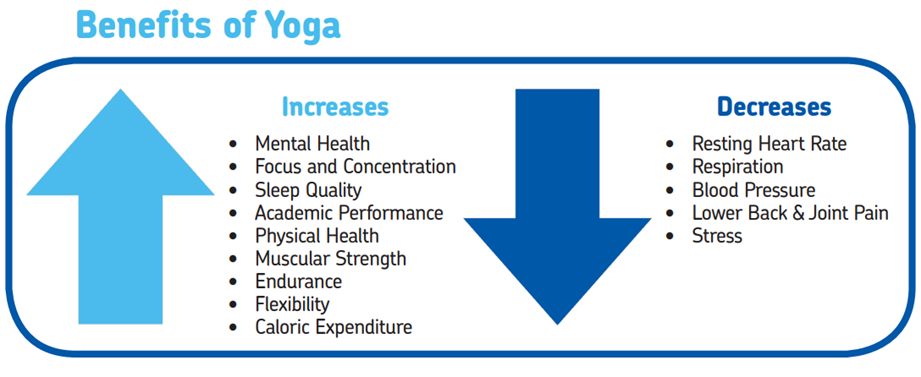
Fitness
NFL
PLAY 60: Huddle up and Get Moving!
Complete all the exercises by
watching the video above to complete your Fitness Logs.
Below is a chart of other exercises you
can complete for your Fitness Logs.
Name and Description of Physical Activity
|
Picture
|
Type of Physical Activity
|
Push-up: an activity in which a person
lies facing the floor and, keeping their back straight, raises their body by
pressing down on their hands
|
|
Strengthening
|
Plank: an activity that involves
maintaining a position similar to a push-up, but usually without any movement
|
|
Strengthening
|
Squat: An activity that requires
squatting toward the group with the back of the knees at a 90-degree angle
|
|
Balance/Flexibility
|
Jumping jack: a jump is done from a standing
position with legs together and arms at the sides to a position with the legs
apart and the arms over the head
|
|
Balance/Flexibility
|
Jump rope: An activity that requires jumping
straight up into the air and back down, as if jumping over a rope.
|
|
Balance/Flexibility
|
High knees: An activity in which a person lifts
their knees as high as possible, alternating left and right
|
|
Aerobic
|
Kickers: An activity in which a person jogs
in place, hitting their behind with their feet
|
|
Aerobic
|
